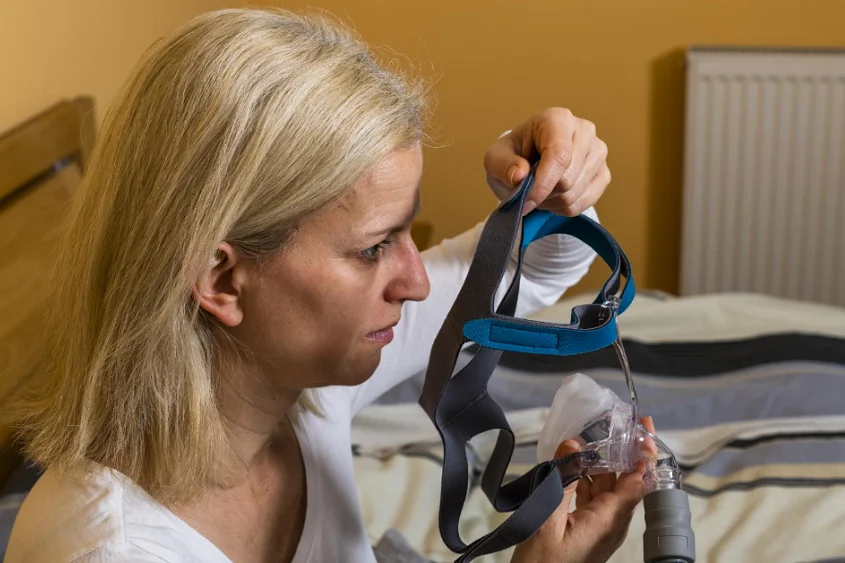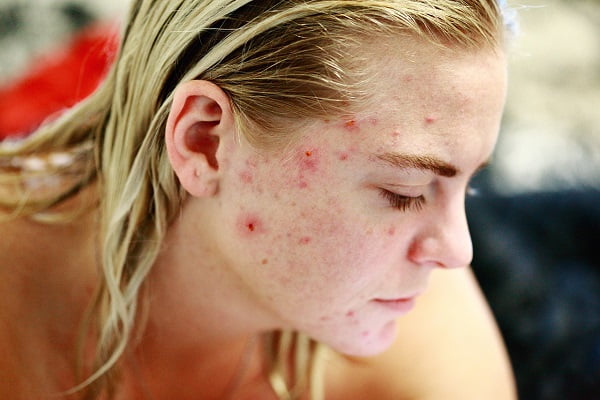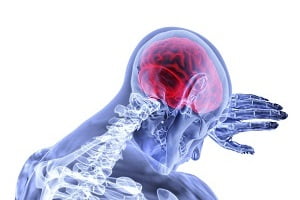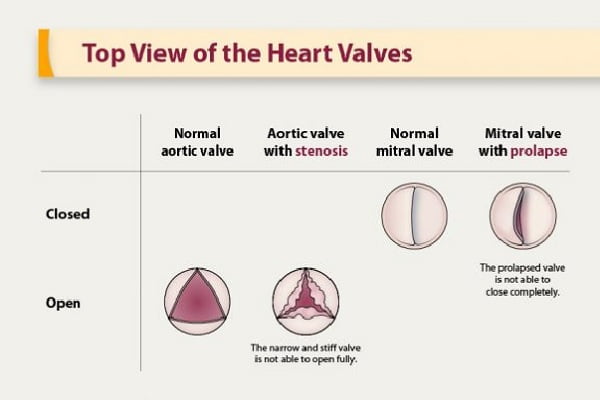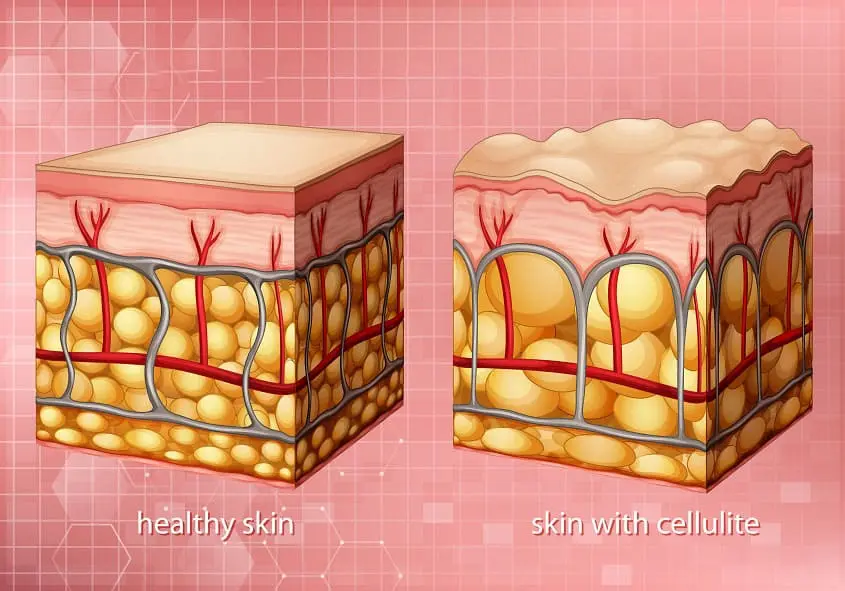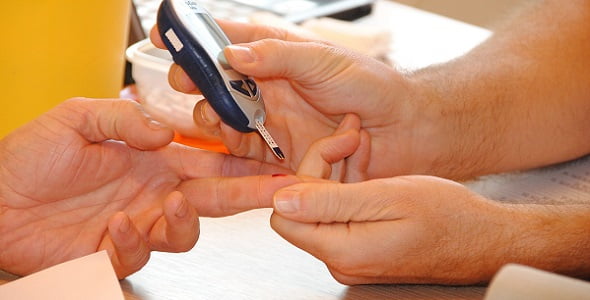
AUTHOR
Happy Kumari, MS, Biotechnology
Happy Kumari is a biotechnologist with Masters degree in Biotechnology. She has pursued her Bachelors and Masters degrees from Amity University, Noida. She aspires to contribute in the field of healthcare and research. Happy has worked at Effectual Knowledge Services as a Patent Associate. Currently she is associated with Maxinov Solutions Private LTD as Research Analyst and a medical content writer at Diseasefix. Happy's area of interest includes research in the field of Cancer Biology.
Articles by Happy Kumari, MS, Biotechnology
Continuous positive airway pressure therapy is a popular and effective treatment for obstructive sleep apnea. If not addressed this illness,...
Good sleep is necessary for general health and well-being yet millions of individuals suffer from sleep problems and inadequate rest....
Military Service and the Reality of Substance Abuse The Armed Forces of any nation represent the epitome of discipline, resilience,...
There are several medical conditions that can cause acne, including hormonal imbalances, certain medications, and genetic predisposition. Hormonal changes, such...
Nowadays, there are many ways to brighten your smile. There are methods you can do within the comfort of your...
Teenagers who are dealing with mental health problems are not alone. Depression is the most prevalent of the many mental...
There are many complications associated with peripheral neuropathy such as gangrene and amputations, digestive issues, deformity of lower extremities, ulcers,...
Any heart valve that has been damaged or is ill is said to have valvular heart disease. Valve illness has...
Skin infections called cellulitis are most frequently brought on by the bacteria Streptococcus or Staphylococcus. These bacteria can penetrate the...
When the kidneys excrete a significant amount of fluid through the urine, an uncommon disease known as diabetes insipidus develops....
More articles are loading




